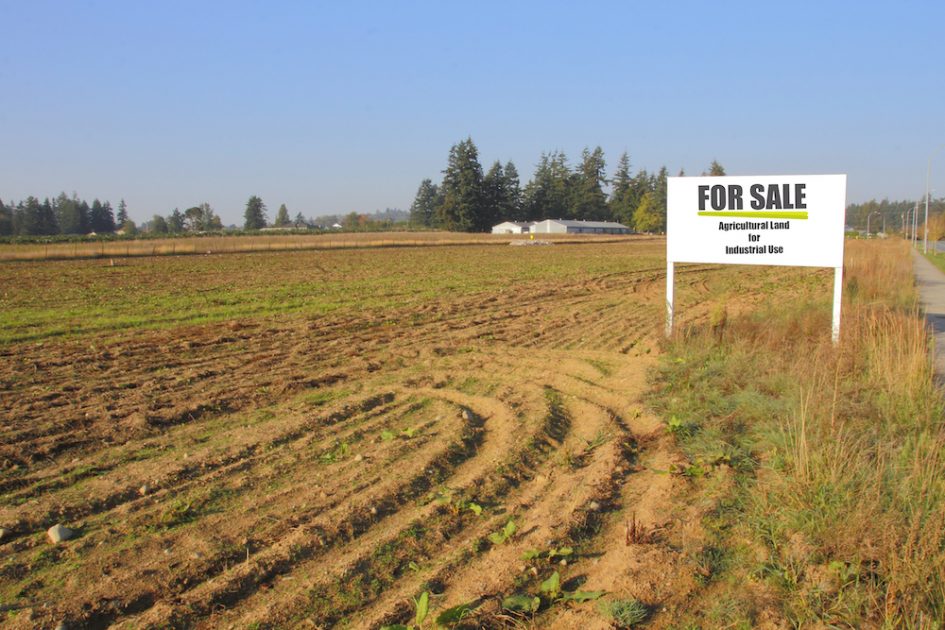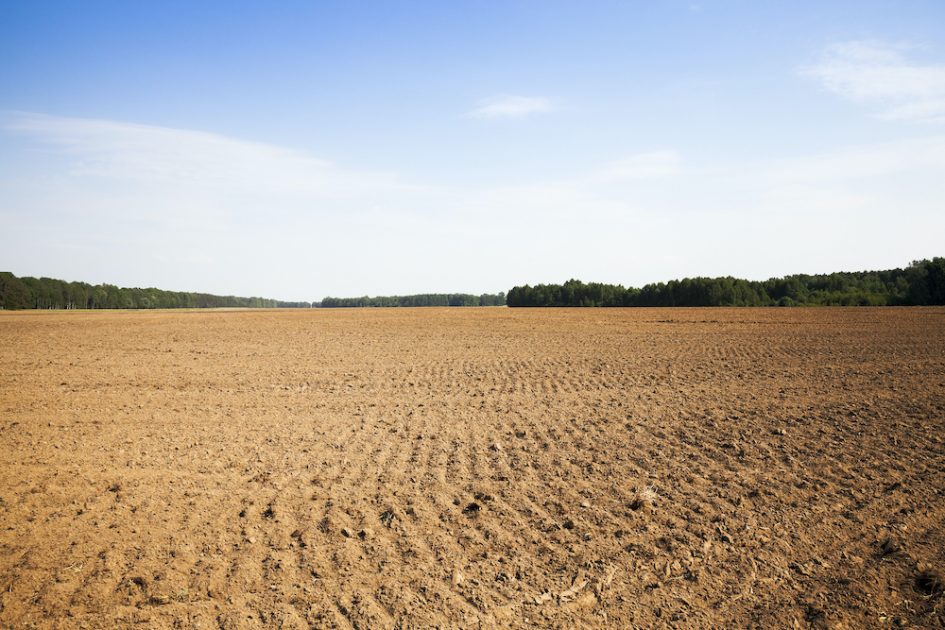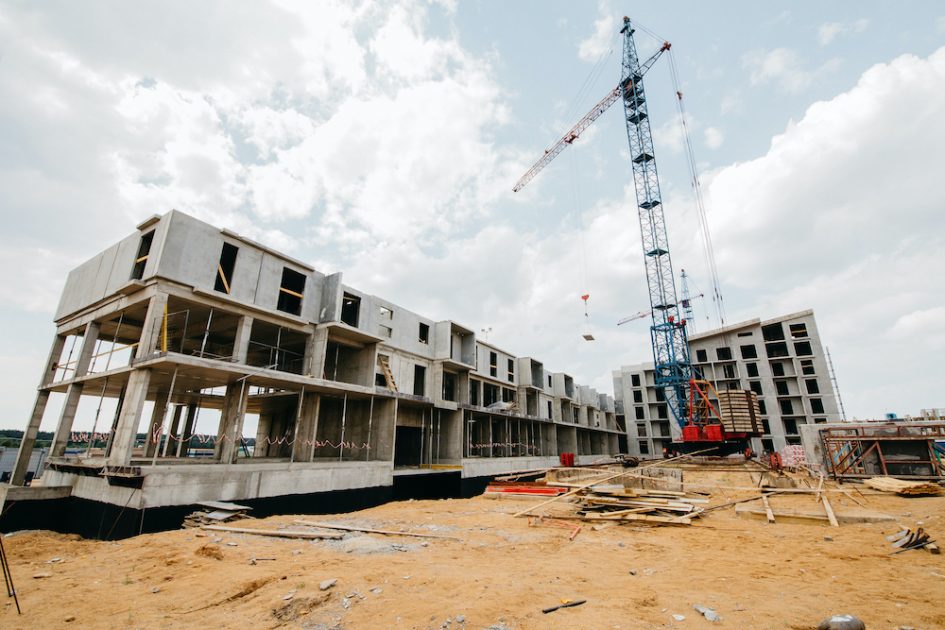Land Loan Rates: Everything You Need To Know Before Buying Land

Owning your own home is a dream many Americans have. However, finding a pre-built home that perfectly fits your expectations is a difficult task. If you don’t want to compromise on your dream, then your best option would be to build a home from scratch.
But before you can build a home, you need land first. This requires going through a financing process that isn’t as straightforward as a home loan. Today we’re going to look at land loans: how they work and what the common trends in land rates are.
What Are Land Loans?
A land loan is used to finance the purchase of a tract of land. Like most loans, they’re typically provided by banks and credit institutions. Getting a land loan approved is a long process that requires you to prove that you are a trustworthy borrower who won’t default on your payments.
What’s The Difference Between Land Loans And Mortgage Loans?
While the process behind applying for both types is relatively similar, the actual loans themselves have very different terms. This is because lending institutions often see land as a riskier investment, due to the fact that raw land by itself is much harder to sell than a complete home. If a loan were to foreclose, the lender would end up losing more money than they would if it were a home mortgage due to the lack of collateral.
This means that land loans often have less-favorable terms and are much harder to get approved. Most lenders require a much more substantial down payment and charge higher interest. Land loan terms also tend to be much shorter than mortgages, with most needing to be fully repaid within 5-10 years.

How Do Land Loan Rates Work?
Rates for a loan on land typically aren’t as fixed as mortgage rates. Your rates will depend on many different things such as the appraised value of the land, your credit score, your debt-to-income ratio, and your plans for the land.
Depending on what you’re going to do with the land, you might even need to enlist the help of a builder throughout the whole application process. Make sure to read up on the land loan policies of your potential lender before signing on.
Average Land Loan Rates Based On Purpose
As a rule of thumb, most rates offered to you will vary based on your credit score and debt-to-income ratio. However, the interest rate might also depend on the type of land loan you’re going to choose. Let’s take a look at some common loans for land purchases and their rates.
Raw Land Loan
Interest rates: Around 4.25%-5.90%
Raw land refers to any tract of land that has no improvements or properties on it. Specifically, this refers to land that has no roads, utilities, sewage, or electricity. This type of land loan can be especially difficult to get approved due to the high risk for the lender. If the borrower defaults on their payments, the lender will have a hard time trying to get their principal investment back.
Presenting a concrete development plan for the raw land, alongside a sizable down payment, may increase your chances of securing a raw land loan. Having an excellent credit score (which shows that you are more likely to make your payments on time) will also significantly help your case. Nevertheless, be prepared for higher interest rates and higher minimum down payment requirements, especially if you don’t plan on developing the land yet.

Lot Land Loan
Interest Rates: Around 4%-5.65%
This type is typically reserved for land that already has some type of infrastructure or development. These types of properties are typically seen in residential areas that have already been reserved for home construction. Lenders are much more comfortable with approving a lot of land purchases since these tracts of land already have a relatively stable value.
Upfront costs tend to be lower with lot land purchases and have usually required a down payment of around 10%-20%. Since lenders are also relatively safe in assuming that residential infrastructure will be built on this land sometime in the future, terms may stretch up to 20 years.
Construction Loan
Interest rates: 5.25% (flexible)
This refers to loans used to finance both the cost of the land purchase and the cost of construction. These loans tend to have more flexible repayment terms, but you will need to do a lot of preparation beforehand to prove that the lender’s big investment will not go to waste. Make sure that you have exceptional credit, consistent income, a concrete construction plan, and an appraised value for your future property.
Since the lending institution will have to cover the cost of the construction, you will need to provide them with a very detailed building plan. You may need to work with a builder who can accurately provide you with the costs and schedules involved with the project.
Unlike most types of loans, construction loans will often involve the lender very throughout the entire process. They will oversee the entire project and distribute the money as the need arises. These distributions are called “draws” and are agreed upon by the lender, the buyer, and the builder before the loan is taken on.
You are very much allowed to negotiate the terms with the lender. These types of loans are often short-term and involve the borrower making interest-only payments until the property is completed. Once construction is done, you will eventually transition into a standard 15-30 year mortgage.

How Can You Finance Land Loans?
Learning about your financing options will give you an idea about the type of loan you will potentially take on. Let’s take a look at some of your more common options when looking to get a land loan.
Banks And Credit Unions
The rates and terms provided by banks and credit unions usually depend on your plans with the land. If you aren’t planning on developing the land anytime soon, you might have to prepare yourself for a steep interest rate and a high down payment requirement. Take note that the rates are usually much more favorable for buyers who plan to use the land as a future long-term residence.
USDA Rural Housing Site
If you’re buying land in a rural area, then the US Department of Agriculture offers some loans that you may qualify for. These provide the borrower with much more favorable interest rates since they are designed for low-to-moderate-income families.
Section 523 is for borrowers who are looking to build their own homes, while section 524 is for low-income borrowers who are going to get a home built by a contractor. Your income will need to be in the range of 50%-80% of the area median income to qualify for the latter. These loans are good options for those who don’t qualify for traditional loans since their interest rates tend to be lower than the market average.
SBA 504
If you’re buying land with the intent of turning it into a business, then you may qualify for a 504 loan. This type of loan is provided by the US Small Business Administration to small business owners who want to acquire assets for the expansion or modernization of their business.
This is a great option for business owners because it offers them a long-term fixed-rate loan that only requires a small down payment. Do keep in mind that you will need to find a lender who can help finance the loan since the SBA will only provide a loan for up to 40% of the purchase cost. The loan provided by the lending institution will follow the current market rate, so shop around before settling on one.
Home Equity Loans
If you already have an existing home, then you might be interested in applying for a home equity loan to finance your land purchase. HELs are great because they provide borrowers with favorable interest rates and often come with no down payment requirements. However, do remember that since you’re borrowing against your home equity, your existing property will be used as collateral if you default on your repayments.

Seller Financing
In some cases, the person or institution selling the land might offer their buyer a short-term financing plan. This is essentially an agreement between two private citizens, which means almost every aspect of the loan is negotiable. Rates will be exceptionally favorable if the seller is eager to unload the land. Just make sure that you have all papers checked by an attorney before finalizing anything.
What Should You Consider Before Purchasing Land?
Of all the different loans available, land loans will require the most research and preparation on the part of the borrower. Raw land especially can be a tricky investment, which is why you will need to know everything you possibly can about your potential property purchase before even approaching a lender. Here are just some of the things you absolutely have to know before purchasing land.
Land Fundamentals
Before doing anything else, you have to first inspect the land and take note of everything that could be related to its present and future value. Bring a surveyor with you to mark all the boundaries, check the zoning, and verify the land-use restrictions. These are all basic things that your potential lender will want to know.
It’s also a good idea to inspect the area immediately around your potential property. Take note of the available utilities (sewage, electricity, and access roads) as these will also play a big part in determining the value of the property. You should also get in touch with the local urban planning authorities to inquire about any possible future constructions that could directly impact the area.

Your Intended Purpose
The interest rate of a potential land loan will depend heavily on your intended use for the property. A borrower who has concrete plans and seems invested in the project will look like a much safer bet than someone who isn’t really sure about what they want to do with the land. Borrowers who are purchasing land with no immediate plans to develop it will generally face higher interest rates and down payments.
If you want to expedite the loan process and get the best possible terms, come up with a detailed and realistic plan about the future of the property. Enlist architects, builders, and other experts to help your potential lenders understand what exactly you want to do with this property.
Your Financing Options
Lastly, you will want to know which financing options are available for the type of loan you’re looking to get. Shop around banks and other lending institutions, then compare the loan offers from each one.
Tips On Getting The Best Possible Land Loan Rate
- Improve your credit score by paying off debt on time. Since land loans are seen as risky investments, you will need to have a very high credit score to help convince potential lenders that you won’t default on your payments.
- If you’re buying raw land, communicate with your lender what you intend to buy the land for. A detailed plan (especially if you’re building a home to live in) might help improve the terms and rates of your loan.
- Choose to purchase land somewhere with lots of future development planned (highways, schools, parks, etc). Property whose value is on an upward trend will be easier to sell if you ever default on your payments.
- Save up money for a sizeable down payment. Land loan down payments can range anywhere between 20%-50% of the total principal value, significantly lower than the 80% that conventional mortgages provide.
- Build a consistent employment history. Stable income and a low debt-to-income ratio will make you much more attractive to lenders.
Conclusion
Securing a loan to purchase land is a much more complicated process than securing a loan to buy a pre-built home. Land loans are seen as risky because there is technically no collateral in the event that the borrower defaults on their payments. Because of this, rates tend to vary.
If any of this still intimidates you, don’t worry. Wesley Mortgage, LLC can help you get your land loan approved right away. Contact us today to learn more about what we can do for you!